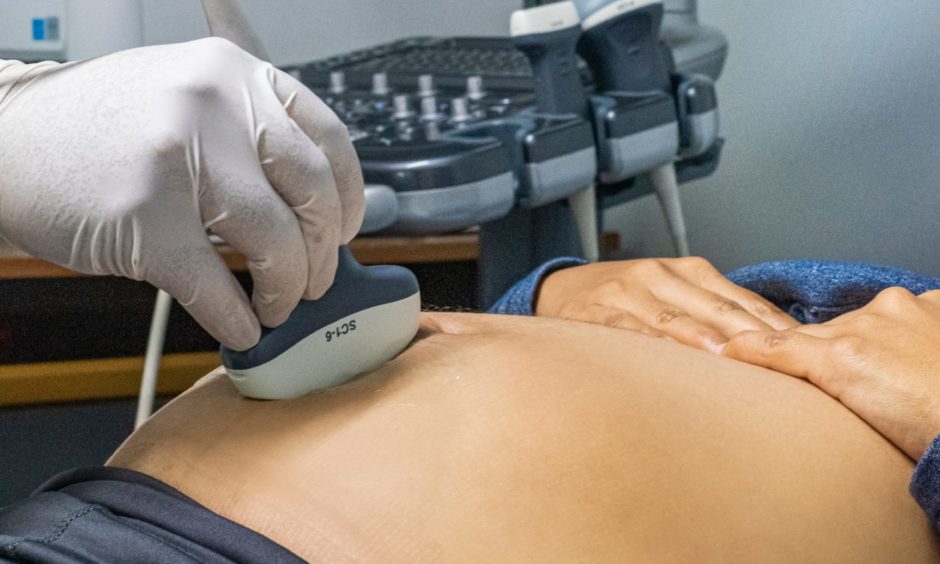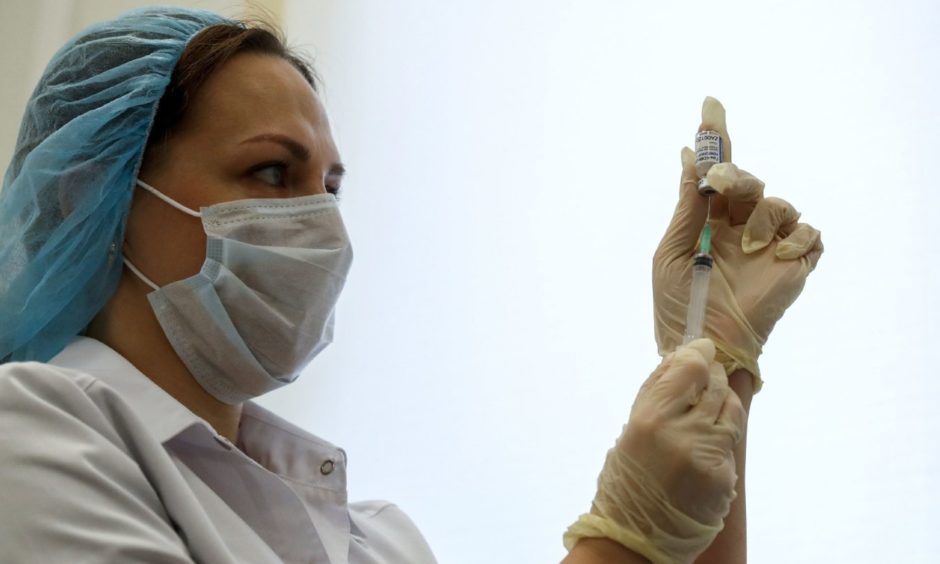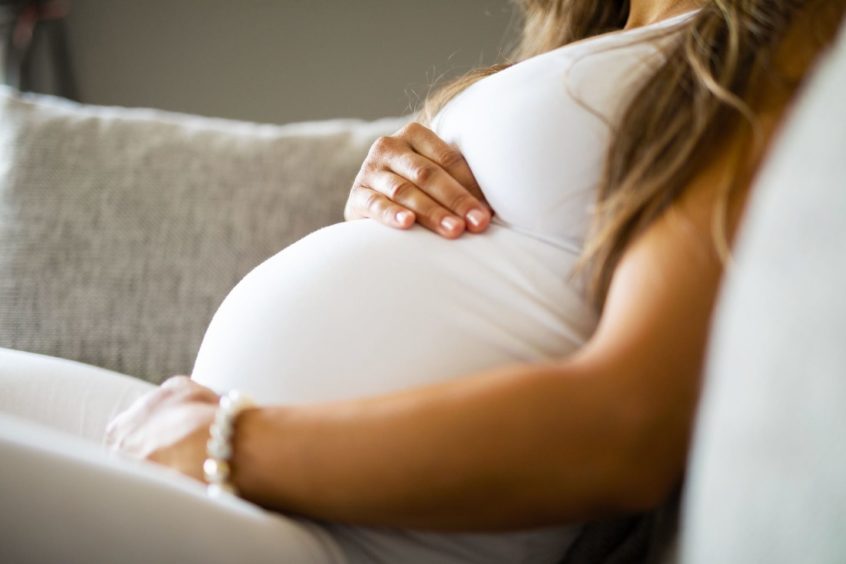Pregnant doctors and nurses have slammed a complete lack of advice on working rules following the latest lockdown roll-out.
No guidance has so far been given by the Scottish Government to expectant medics, despite the country returning to the strictest coronavirus measures earlier this week.
It comes as health care professionals accused all four home nations governments of “breaking promises” after changing the way in which they will receive the new coronavirus vaccines.
Doctors and nurses say they were not consulted about changes to the vaccine programme, which delays the timing of their second dose.
A number of expectant medics claim they are being “actively discriminated against” by being advised differently to other mothers in the workplace.
They say there is a lack of clarity on how they are to continue working, whether they should receive the new vaccine, as well as how they can be expected to “shield” in their health care environment.

Workers in different health board areas have been given different advice, they said, and those less than 28 weeks pregnant have been told to “work as normal” despite a lack of evidence proving it is safe.
The Scottish Government did not respond when asked what advice it was providing for working pregnant medics during lockdown when asked on Wednesday.
The most recent advice, supplied by the Royal College of Obstetricians and Gynaecologists, Faculty of Occupational Medicine and the Royal College of Midwives has not been updated since September 2020.
Doctors may feel ‘betrayed’
Dr Lewis Morrison, chair of BMA Scotland, said doctors have been left feeling “betrayed” by the change to vaccine procedure for medical staff.
The second dose of the Pfizer vaccine has been delayed, despite scientists across the globe saying there is insufficient evidence on whether it is safe to do so.
He said: “Experts in the vast majority of countries are sticking with the original two dose schedule as recommended by Pfizer itself. There has not, in BMA Scotland’s view, been a compelling enough case made to change course in this respect.
“Indeed, the sudden nature of this change of plan also comes with serious logistical issues, which we are hearing will potentially mean that precious doses of the vaccine are wasted as appointments and clinics are adjusted.
“That would be completely unacceptable.
He added: “Unfortunately, the recent decision to delay the second dose of the Pfizer vaccine as planned puts that trust and confidence in jeopardy.

“Since this change was announced without any real consultation just before New Year, we have heard from many of our members and I have heard directly from my colleagues how let down they feel and some would say betrayed.
“They feel potentially more, not less, exposed to serious risk as a result. They don’t believe the evidence supports the delay to the second dose of the Pfizer vaccine, and they are fearful it won’t be available when 12 long weeks have passed.”
Four nations petition launched
Pregnant doctor Henrietta Cavanagh has led calls for immediate and clear guidance from government to expecting medical staff about whether it’s safe for them to carry out their duties.
Guidance across the UK, supported by the Royal College of Gynaecologists, suggests women can see patients normally up to 28 weeks in pregnancy.
But Dr Cavanagh said: “There is currently no evidence on the effects of the virus in the first or second trimesters of pregnancy and very sparse data in those in the third.

“It appears that this advice is being given on the absence of evidence, rather than in the absence of risk.
“While we are dedicated to our professional responsibilities and passionate about patient care, without an assurance of safety we are not willing for our unborn children to become the experiment.”
‘Strong measures in place’
A Scottish Government spokesperson said: “The safety of our frontline staff is paramount. Since the outbreak of the pandemic, we have worked hard to ensure that infection prevention and control measures in hospital and other care settings are robust and we expect our health boards to have the highest standards.
“We already have strong measures in place, such as the appropriate use of PPE, extended use of face masks and coverings, physical distancing and outbreak management.
“In addition, those working with direct face-to-face contact in healthcare settings, especially those in high-risk areas in hospital, are prioritised to be vaccinated.
“The JCVI has amended its previous highly precautionary advice on Covid-19 vaccines and pregnancy or breastfeeding. The UK Chief Medical Officers agree with this advice.
“Vaccination with either the Pfizer or Oxford vaccines in pregnancy should be considered where the risk of exposure to Covid infection is high and cannot be avoided, or where the person has underlying conditions that place her at very high risk of serious complications of Covid-19.”
